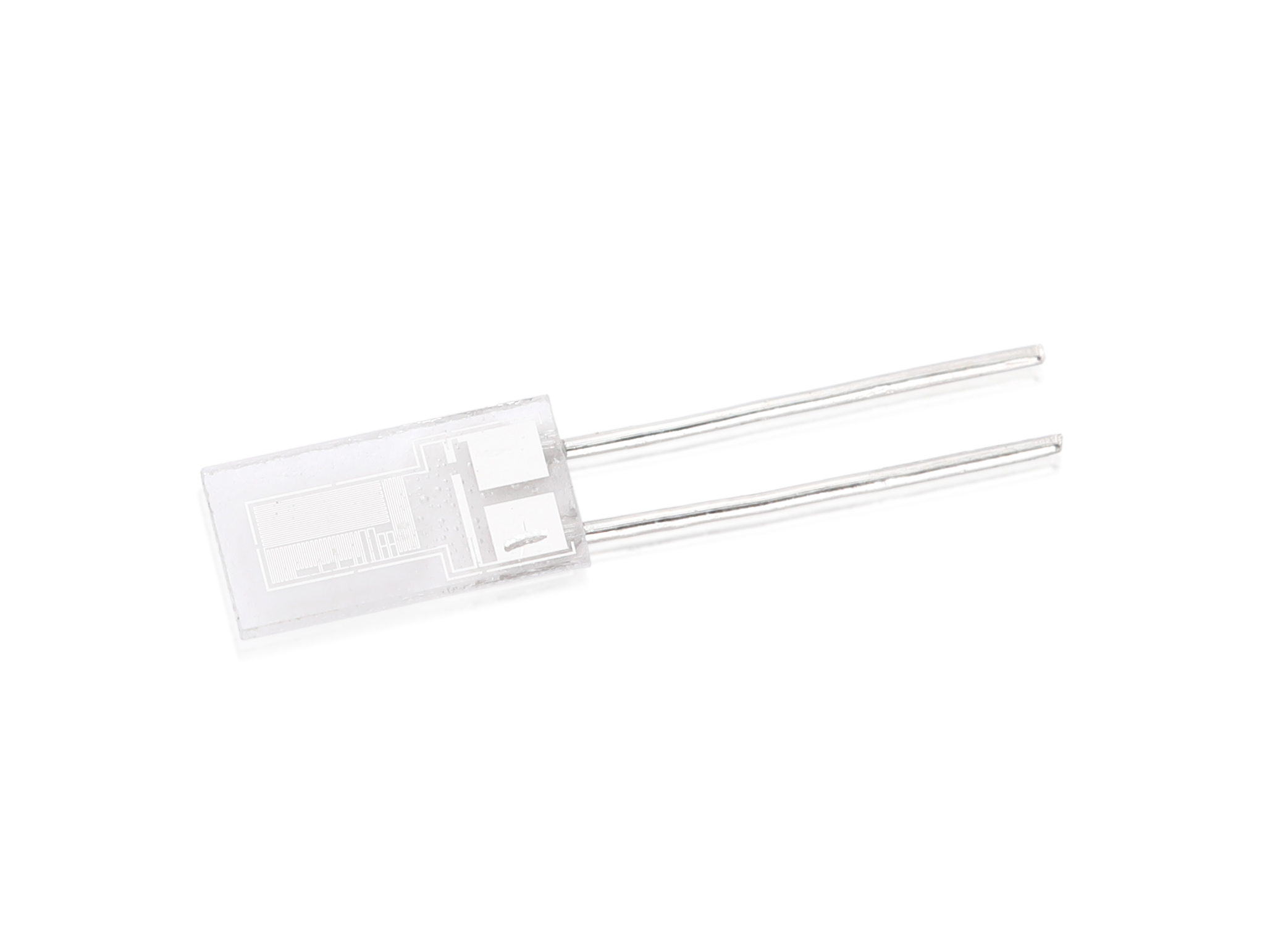
High-accuracy Platinum Resistor Temperature Probe
Overview
The high-accuracy platinum resistor temperature sensor adopts industry-leading technologies of vacuum PVD deposition and MEMS precision machining, -etc., and has completed the localization of sensor chips in the wide temperature range of -70°C~1000°C.The main technical indicators have reached the level of imported products, with advanced MEMS processing equipment and technology,providing customers with MEMS technology processing and sensor chip development cooperation business.This product can be used to manufacture all kinds of instruments and meters and manufacture all kinds of temperature sensors, more suitable for scientific research and industrial fields with high requirements on temperature measurement accuracy; Platinum resistor chip can provide components with resistance values of 100Ω, 200Ω and 1000Ω, etc. This product can maintain excellent stability and good insulation at high temperature, and the temperature range of platinum resistor is -70°C~1000°C.
Features
a.This product can be used to manufacture all kinds of instruments and meters and manufacture all kinds of temperature sensors, more suitable for scientific research and industrial fields with high requirements on temperature measurement accuracy;
b. Platinum resistor chip can provide components with resistance values of 100Ω, 200Ω and 1000Ω, etc.;
c. It can maintain excellent stability and good insulation at high temperature, and the temperature range of platinum resistor is -70°C~1000°C;
d. High performance and long life characteristics;
e.The pin material is platinum-iridium wire;
f.Resistance drift at 0° C is less than 0.1% after 50 hours of continuous heating at 1000° C;
g.Frequency from 10Hz to 1000Hz, acceleration ≥ 40g .
Parameters
Dimensions | Length 4±0.2mm × width 2±0.2mm × thickness 1±0.2mm Length of lead 5mm,diameter:Φ0.25mm |
Recommended operating current | 0.3 ~ 1mA(self-heating should be considered) |
Operating temperature range | -70℃~1000℃ |
Lead material | Platinum-iridium wire |
Lead drawing strength | ≥ 12N |
Insulation resistance | Larger than 20MΩ at 100°C |
Sensor Response time | In the air ≤ 0.5s |
Performance
Nominal Resistance (0℃) | Model | Working Temperature | Temperature Coefficient |
100Ω | PT100 | -70℃ ~ 1000℃ | 3850ppm/℃ |
200Ω | PT200 | -70℃ ~ 1000℃ | 3770ppm/℃ |
1000Ω | PT1000 | -70℃ ~ 1000℃ | 3850ppm/℃ |
Performance Deviations
Level | Temperature Deviation | Resistance Deviation | Temperature Coefficient Deviation |
1/10 B | ±0.03% | ±0.01% | ±1ppm/℃ |
1/3 B | ±0.10% | ±0.04% | ±4ppm/℃ |
A | ±0.15% | ±0.06% | ±6ppm/℃ |
B | ±0.30% | ±0.12% | ±12ppm/℃ |
2B | ±0.60% | ±0.24% | ±24ppm/℃ |
Performance Testing
The result of testing the resistance at 0°C after the product is heated at 1000°C for 50 hours is shown in Figure 1
Refer to Figure 2 for the measured temperature data of the company's products and imported products under the same test conditions

Figure 1 Resistance Change of Aging Test

Figure 2 Product Performance Comparison Test
Delivering Growth – in Asia and Beyond.
 Hu ICP Bei No. 2023002235
Hu ICP Bei No. 2023002235